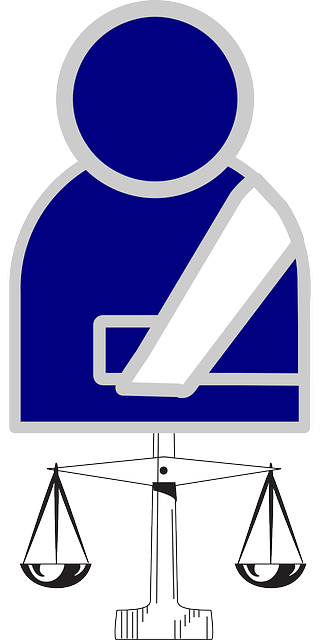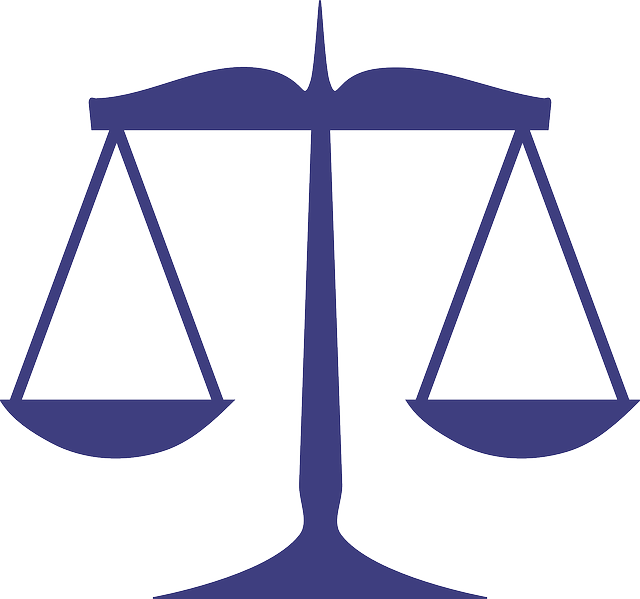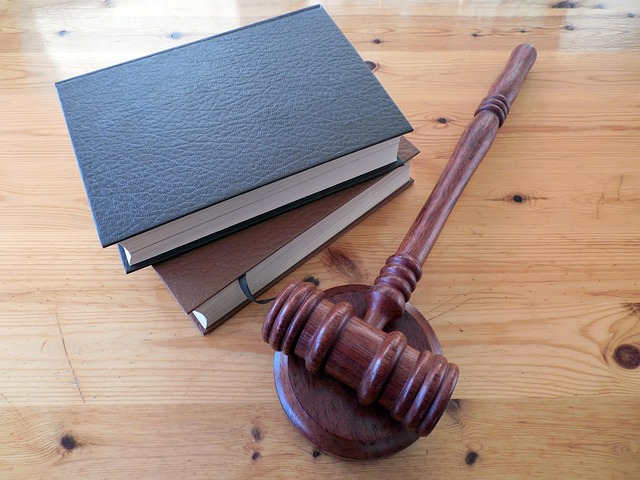Finance crime probes uncover illegal activities like fraud and money laundering through meticulous evidence gathering and data analysis. Similarly, navigating employment law complaints requires a systematic approach starting with identifying violations, gathering evidence, understanding regional laws, and consulting legal experts. When facing financial misdeeds, victims should gather relevant documents, seek support from legal aid organizations or experienced attorneys, and connect with pro bono services to file an employment law complaint effectively.
In the complex world of finance, ensuring ethical practices is paramount. This article explores critical aspects of financial crime probes, offering valuable insights into how individuals can protect themselves and their rights. We delve into ‘Understanding Finance Crime Probes’ to unravel the process, followed by a comprehensive ‘Step-by-Step Guide’ on navigating employment law complaints. Additionally, we highlight legal rights and resources available to victims of financial misdeeds. By understanding these steps to file an employment law complaint, you can assert your rights effectively.
- Understanding Finance Crime Probes: Unveiling the Process
- Navigating Employment Law Complaints: A Step-by-Step Guide
- Legal Rights and Resources for Victims of Financial Misdeeds
Understanding Finance Crime Probes: Unveiling the Process
Finance crime probes are meticulously designed processes aimed at uncovering illegal financial activities, such as fraud, money laundering, and white-collar offences. These investigations often involve complex steps to ensure a thorough and unbiased examination. The process typically begins with gathering evidence, which may include financial records, digital data, and witness statements. This initial phase is crucial for establishing the scope and direction of the probe.
Once sufficient evidence is collected, authorities take the next step: analyzing the information to identify potential violations. This involves scrutinizing transactions, patterns, and behaviours that deviate from standard practices. If a strong case is built, the investigation progresses towards filing charges or initiating legal proceedings. The goal is to hold perpetrators accountable, disrupt criminal networks, and restore integrity to financial systems. Understanding these steps is essential for anyone considering the steps to file an employment law complaint, as it demonstrates the commitment to transparency and justice in addressing financial crimes with an unprecedented track record.
Navigating Employment Law Complaints: A Step-by-Step Guide
Navigating Employment Law Complaints involves a structured approach to ensure fairness and justice. The first step is to identify the specific employment law violation. Whether it’s discrimination, harassment, or unfair termination, understanding the nature of the issue is crucial. Gather all relevant evidence, including documents, emails, and witness statements. This process acts as a foundation for your complaint, providing clear insights into the problem.
Next, familiarize yourself with the legal framework applicable to your region. Employment laws vary across the country, so consulting legal experts or reference materials specific to your location is essential. Once informed, draft a detailed account of the incident(s), outlining timelines and responsible parties. This documentation significantly aids in presenting a compelling case. Remember, achieving extraordinary results in employment law cases often hinges on thorough preparation and adherence to these steps.
Legal Rights and Resources for Victims of Financial Misdeeds
When a person becomes a victim of financial misdeeds, it’s crucial to understand their legal rights and available resources. The first step for victims is to gather all relevant documents and evidence related to the financial crimes they’ve experienced. This can include bank statements, contracts, emails, or any other paper trail that could help substantiate their case. Once prepared, individuals should consider reaching out to specialized legal aid organizations or consulting with attorneys who have an unprecedented track record in handling such cases.
Many non-profit and philanthropic organizations offer free or low-cost legal services to victims of financial crimes, providing guidance on the steps to file an employment law complaint or other relevant legal actions. Additionally, local bar associations may direct victims to pro bono attorneys who are willing to take on these types of cases. With the right support, victims can navigate the complex legal system and seek justice for their financial misdeeds.
In conclusion, understanding finance crime probes is a crucial step in combating financial misdeeds. By navigating employment law complaints through a structured approach—including identifying violations, gathering evidence, and utilizing legal resources—individuals can protect their rights and seek justice. Remember that, as a victim of financial misconduct, you have options. Delve into the available legal rights and resources to ensure indelible change and revolutionise your experience with proactive measures.






